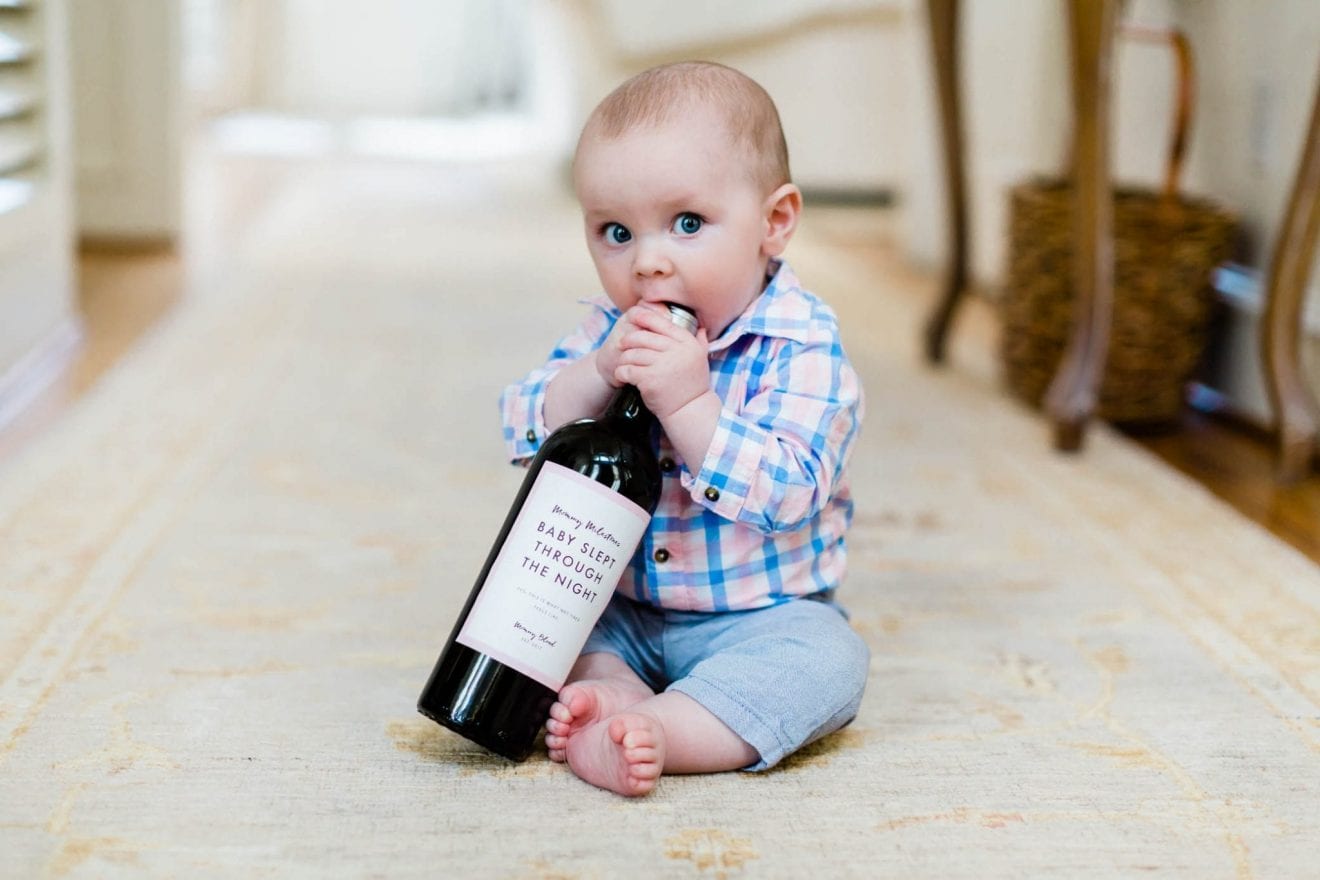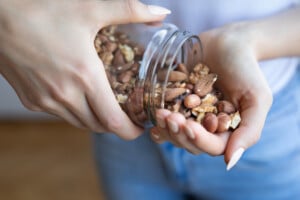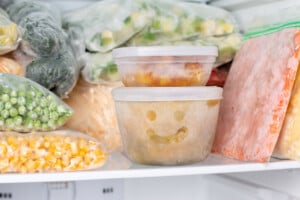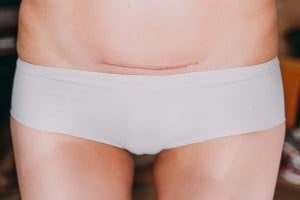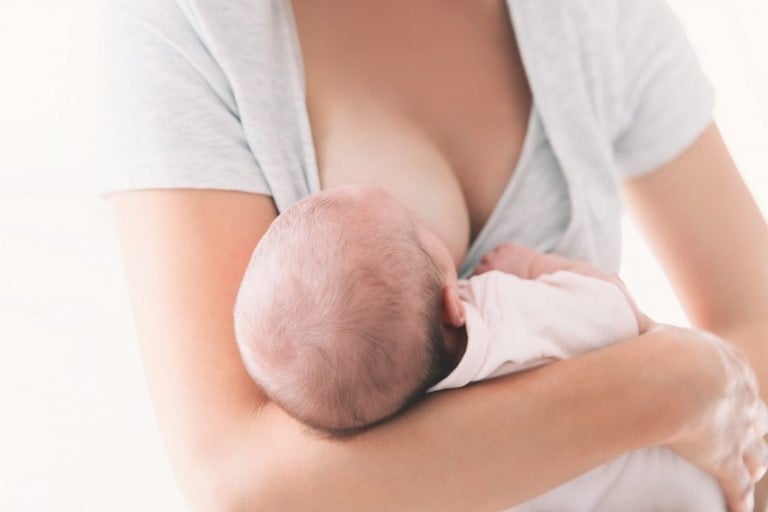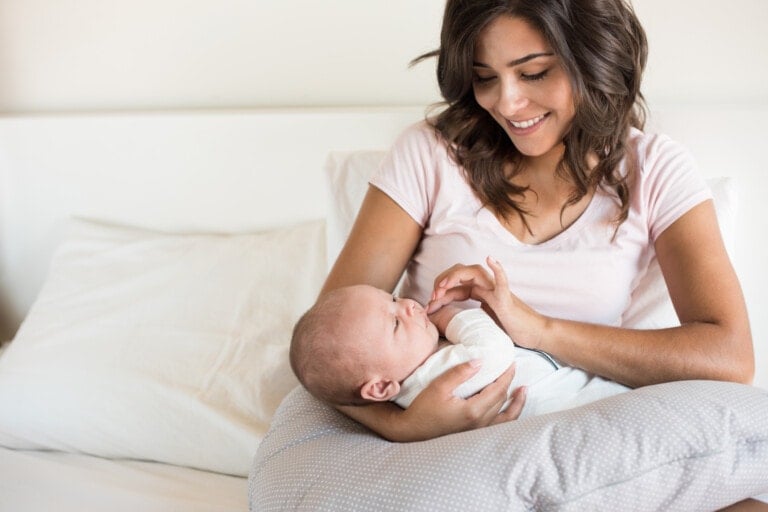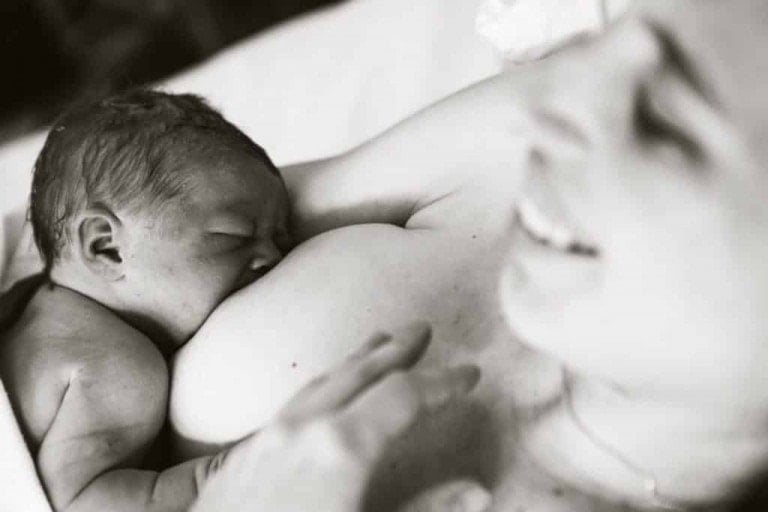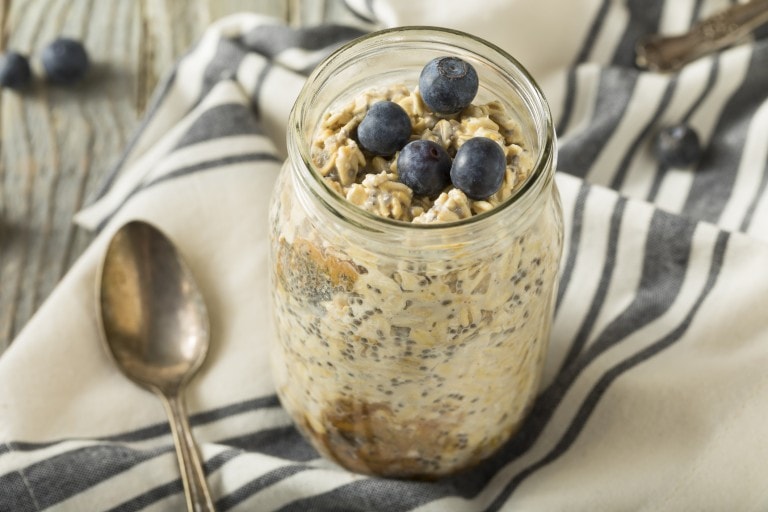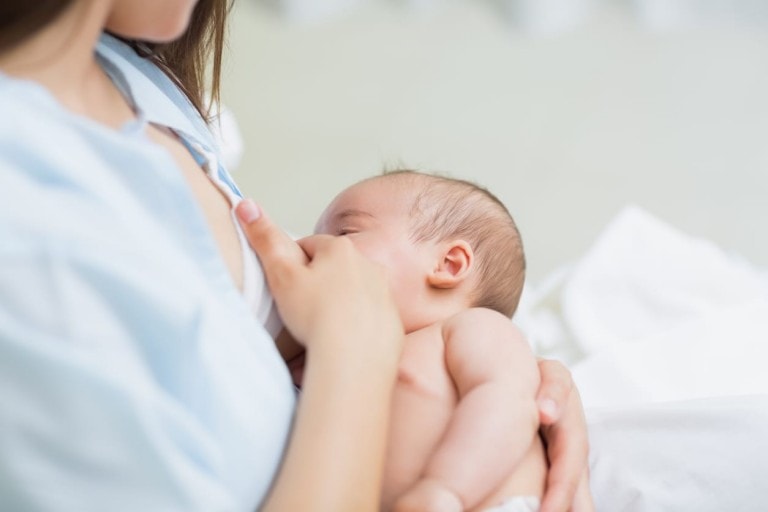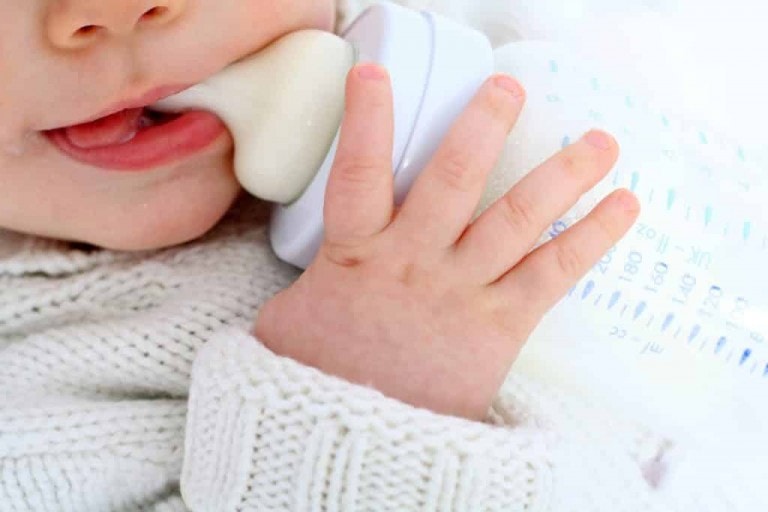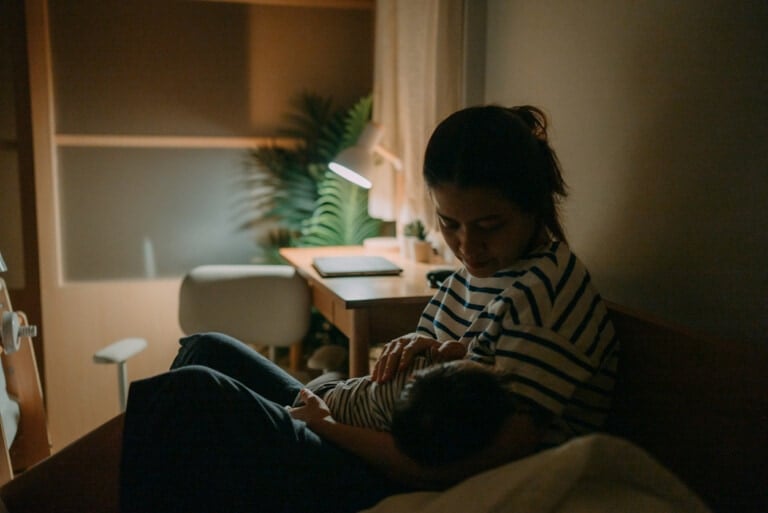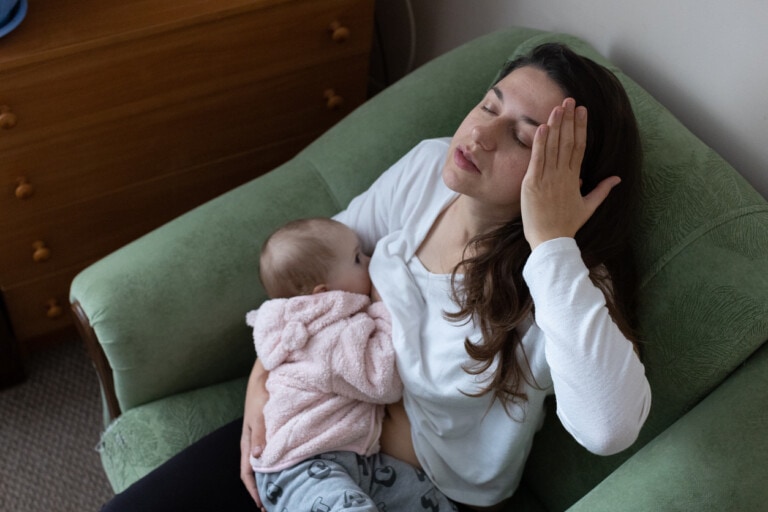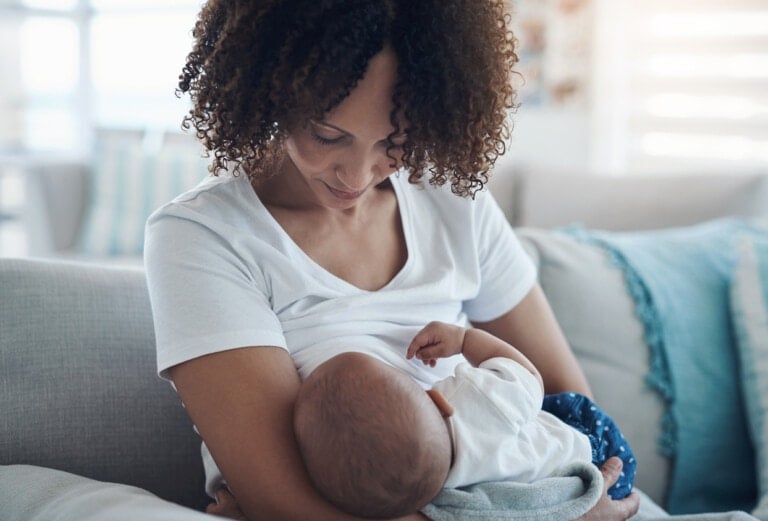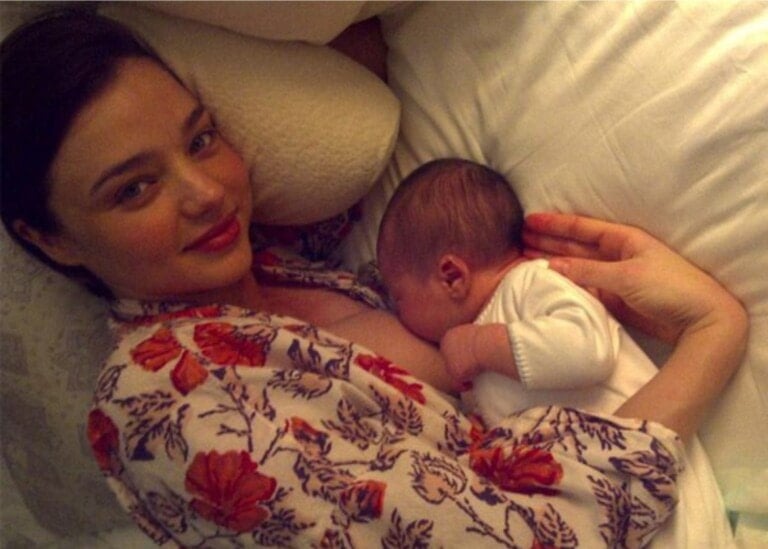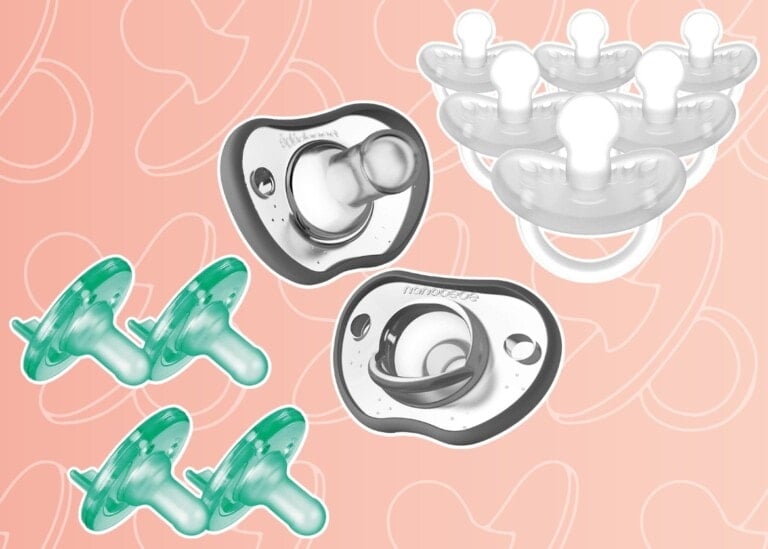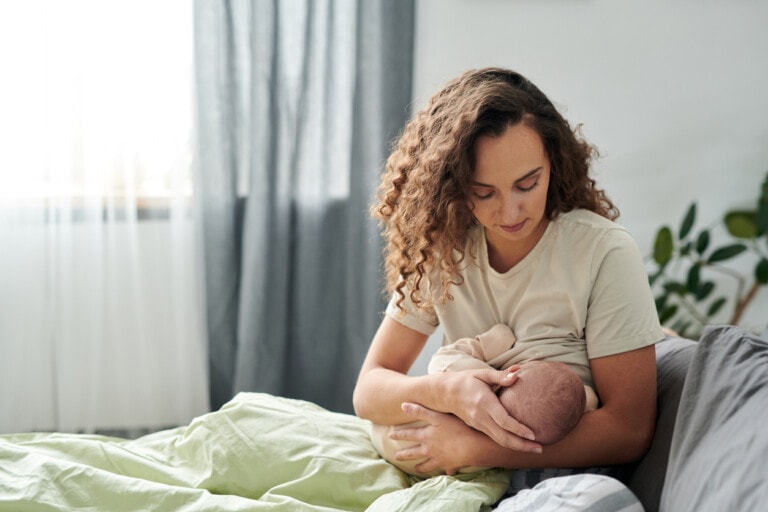Pregnancy is a long, hard nine months (or more) without a glass of wine or a poolside mimosa in sight. Between the lack of good, restful sleep, and the giant swollen cankles, if ever there were a candidate in need of a cold, stiff drink, it would be a pregnant lady. Unfortunately, drinking alcohol while pregnant is generally frowned upon, and for good reason. But if you’re anything like me, after giving birth, one of the first things you crave is a giant margarita. But what’s the scoop on alcohol and breastfeeding? Does this mean another six to 12 months or more of forced sobriety? Not necessarily.
There has been a lot of misinformation over the years regarding alcohol and breastfeeding. Here’s what the LLLI, La Leche League International, has to say on the subject (from The Womanly Art of Breastfeeding).1
“The effects of alcohol on the breastfeeding baby are directly related to the amount the mother ingests. When the breastfeeding mother drinks occasionally or limits her consumption to one drink or less per day, the amount of alcohol her baby receives has not been proven to be harmful.”1
The takeaway? There’s nothing wrong with drinking and breastfeeding in moderation. You just have to be safe (read: smart) about it.
Alcohol & Breastfeeding: The Facts
The same amount of alcohol that makes it into your bloodstream makes it into your breastmilk.
Researchers say that infants younger than three months old process alcohol at about half the rate of adults. And studies show it can negatively affect a baby’s eating and sleeping habits.2 During the four hours after a breastfeeding mother consumes an alcoholic beverage, babies who nurse consume about 20% less milk.
Drinking alcohol does not produce more milk.
While prolactin (a hormone that helps with milk production) increases with alcohol consumption, oxytocin (a hormone responsible for milk letdown) decreases. According to the American Academy of Pediatrics Committee on Drugs, alcohol consumed in large amounts, listed side effects include drowsiness, deep sleep, weakness, abnormal weight gain in the infant, and the possibility of decreased milk ejection reflex in the mother.3 In addition, some studies show that alcohol in breast milk may hinder a baby’s development — some experts recommend breastfeeding moms avoid drinking alcohol entirely until the baby is at least three months old.
“Alcohol passes freely into mother’s milk and has been found to peak 30 to 60 minutes after consumption, 60 to 90 minutes when taken with food. Alcohol also freely passes out of a mother’s milk and her system. It takes a 120-pound woman about two to three hours to eliminate from her body the alcohol in one serving of beer or wine…the more alcohol that is consumed, the longer it takes for it to be eliminated. It takes up to 13 hours for a 120-pound woman to eliminate the alcohol from one high-alcohol drink.”1
The alcohol level in your breast milk decreases at the same rate as the alcohol level in your blood.
You may want to consider waiting about two hours after having a drink before breastfeeding your baby if you would like most of the alcohol to be out of your system. The exact timeframe varies from person to person depending on weight, the amount you have had, and whether or not you’ve eaten food. It’s better to have a drink right after feeding or during one of the baby’s longer sleep stretches. Or, if you are going to drink more than one drink, you can always pump and store your milk before drinking, then feed your baby the expressed milk. Alcohol is not “stored” in your breastmilk, so you do not have to “pump and dump” when you have a drink.
The Australian Breastfeeding Association states, “If you are breastfeeding and plan to consume alcohol, it is best to plan ahead. However, if on a single occasion, you have a little more alcohol than you had planned to or if your baby needs to feed sooner than you had anticipated, it is OK to breastfeed your baby.”4 And as Dr. Jack Newman, MD, IBCLC, stated, “Reasonable alcohol intake should not be discouraged at all. As is the case with most drugs, very little alcohol comes out in the milk. Therefore, the mother can take some alcohol and continue breastfeeding as she normally does. Prohibiting alcohol is another way we make life unnecessarily restrictive for nursing mothers.”
If you do choose to pump and store your breastmilk, I recommend using Milkies Milk Trays. They are designed specifically for expressed milk.
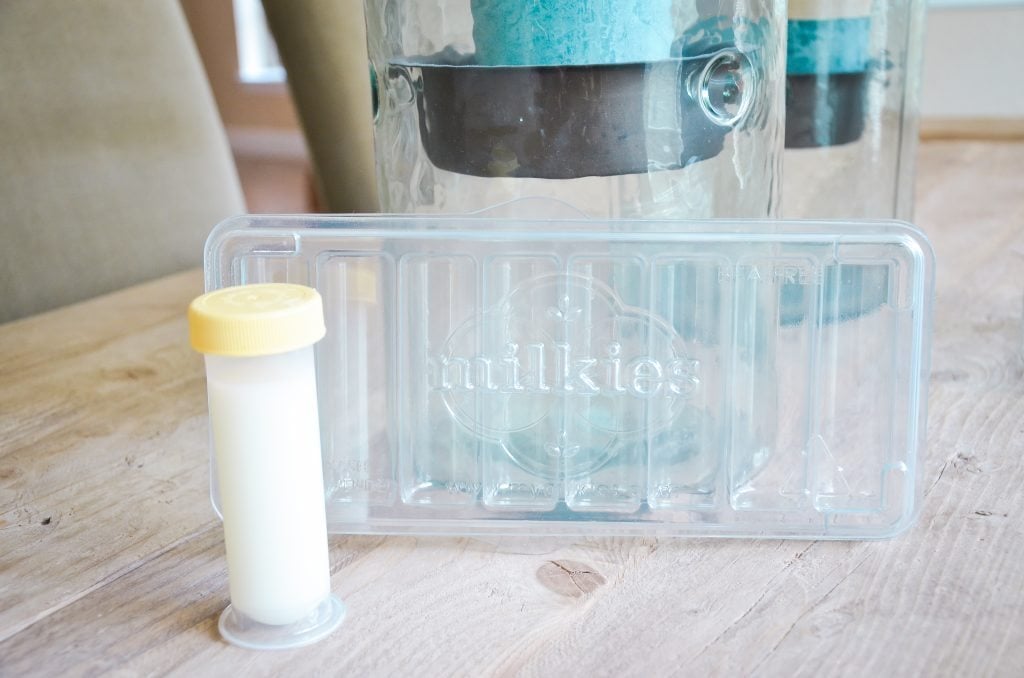
Milk Trays are made from PET Plastic — this means they are made of a food-safe plastic that contains no BPA, phthalates, or dyes. Milk Trays allow you to freeze and store your milk in one-ounce “Milk Sticks” that fit through any bottle opening. This allows you to thaw the perfect amount of breast milk for feeding and not waste a drop of your liquid gold. They are also reusable! Which is good for the environment and your wallet. I LOVE my Milkies Milk Trays. They are way more user-friendly than plastic bags (you don’t have to worry about leakage) and much safer than a regular ice tray (most of these are not BPA-free — you don’t want to leach chemicals into baby’s milk.)
Having more than one drink at a time can prove challenging for a breastfeeding mom.
It can be difficult to determine when your body has cleared the alcohol — the more you drink, the longer it takes. Your best bet? Limit yourself to one alcoholic drink per day. And if you have too much to drink and become intoxicated, DO NOT breastfeed your baby until you are sober. If you have to, pump and dump the expressed milk. Liquid gold? Not if it’s tainted. Not worth the risk. Trust us on this one. Remember, you can’t safely care for your baby if you’re drunk. (Duh.) And co-sleeping after drinking isn’t a good idea. And definitely is not if you are feeling tipsy or drunk. So if you’re going to drink, keep the baby out of your bed. It’s just that simple.
Motherhood is hard. We all deserve a break now and then. We just have to be careful and thoughtful about our actions. Parenting is a full-time job. Turn your back for just one second, and disaster can strike. It’s best not to even put ourselves in a position that could cause harm. Am I right? So here’s to babies, breastfeeding, and (safely) celebrating all of life’s momentous occasions!













